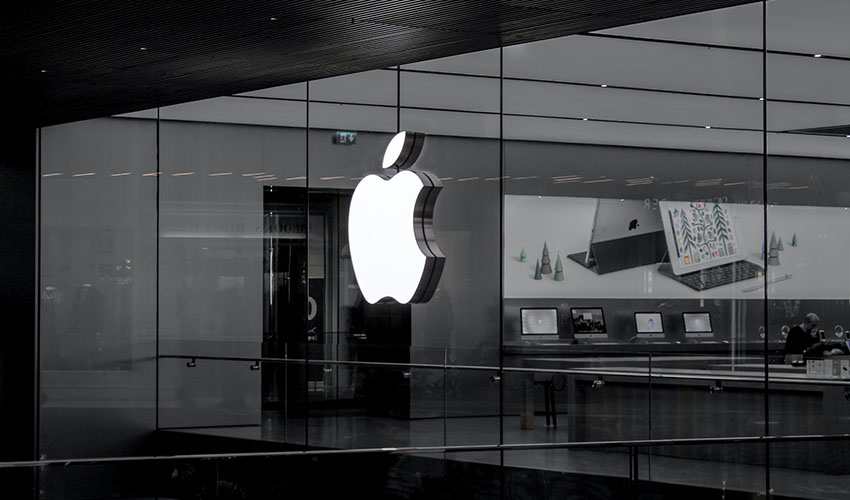This article is dedicated to the 11th anniversary of Steve Jobs’ passing.
According to a recent report by CNBC, Apple CEO Tim Cook spoke at the graduation ceremony of the University of Naples Federico II in Italy, stating that he has noticed that the company’s “success” depends on its culture and employees. He told the faculty and students of the university: “We usually look for employees with these four abilities: collaboration, creativity, curiosity, and expertise.”
His predecessor, Apple founder Steve Jobs, had a different story. Back then, Jobs wanted to develop an operating system with a graphical user interface. However, he felt that the original people in the company did not understand this new system to his expectations. So he decided to start over and set up another team. He required new recruits to have both the skills of an engineer and the temperament of an artist. He told them: “I don’t want you to be sailors, but pirates.” Those people were also crazy. They even sneaked up to the roof of Apple’s headquarters one night and hoisted a pirate flag.
When I heard this news, the NBA preseason game was being broadcast on TV. I couldn’t help but think that if today was NBA draft day and an NBA team’s general manager said during the draft that we have the number one pick and we want to choose a player with teamwork ability. Teamwork may be important for games, but when I think back to all the NBA number one picks in recent decades, these team managers have chosen talented young people. And making the team work together and form a chemical reaction is something for the coach to do later.
Obviously, creativity and curiosity are “talents.” “Collaboration ability” is an ability that is trained. When you choose “talent,” it is not easy to twist these talented people into one rope. In fact, talented people are different from others; they are born different. Unless they are willing, it is difficult for them to collaborate happily, especially to tolerate those “idiots” in the team for a long time. To bring these “talents” together, managers must be strong leaders with “leadership.” Compared to “talent,” “leadership” is truly scarce resources. Therefore, it is not certain that you can win the championship by using the number one pick to select talented young people.
But when you start by choosing “collaboration ability,” you may initially reject “talent” from the start. However, employees with “collaboration ability” do not have such high requirements for leadership. As long as there are processes and rules, they can work step by step. Especially those with “collaboration ability” mean obedience, which makes the manager’s work seem much easier. But the easy road always has a high probability of leading in the wrong direction. Experience tells us that success always chooses the most difficult road. What’s even more frightening is that bad money drives out good money. As more and more “collaboration ability” is recruited, “talent” will leave one by one. Then more “collaboration ability” will be recruited.
When Musk is tinkering with cars, satellites, rockets and robots, when Zuckerberg is immersed in the metaverse… Apple released iPhone 14, bringing a very creative “Smart Island,” which is a great idea. It is especially suitable for explaining a technique in innovative methods: reverse thinking.
But in my heart I remember a sentence from Jobs: “To live is to change the world.”

